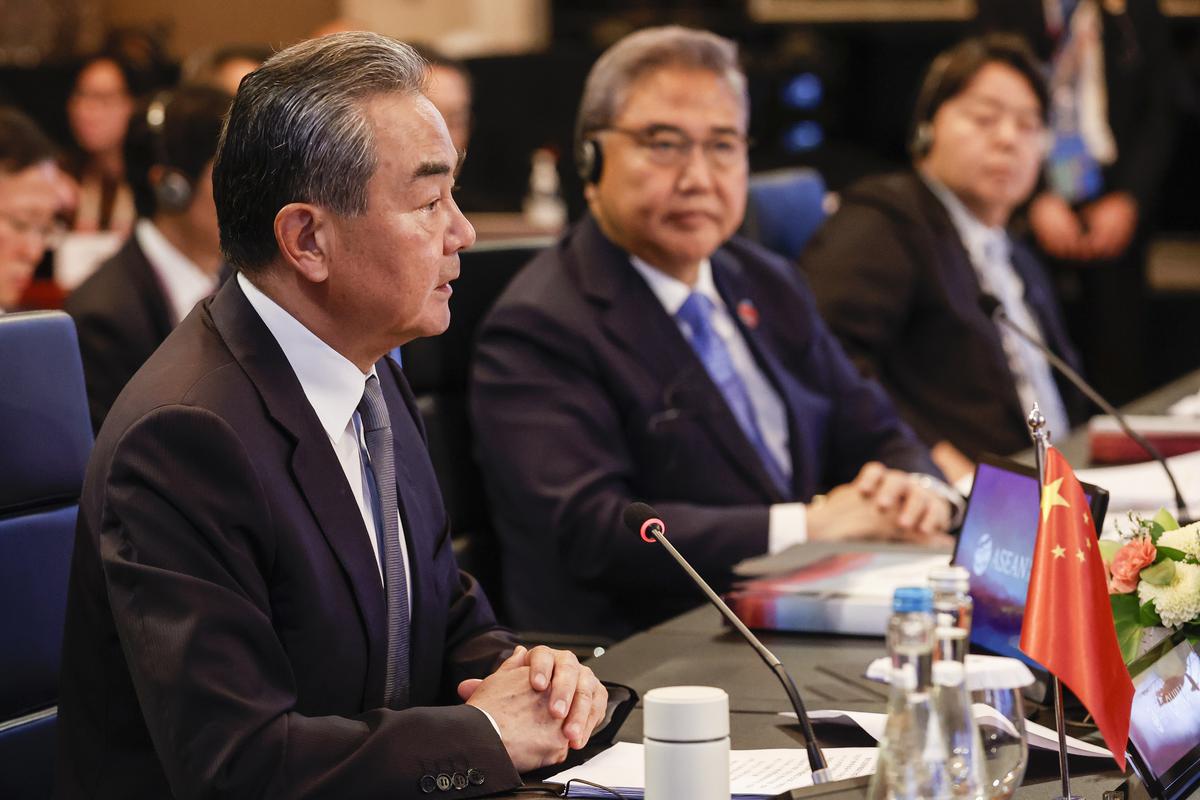
China’s top diplomat, Wang Yi, has called on the European Union (EU) to avoid indecisiveness and to provide clarity regarding its strategic relationship with Beijing. During a meeting with E.U. foreign policy chief Josep Borrell, Wang Yi emphasized the need for a clear and stable direction in EU-China relations, as reported by China’s Foreign Ministry on Saturday. This statement follows Germany’s recent announcement to “de-risk” its ties with China, underscoring the evolving dynamics between Europe and China.
Subheading 1: Ensuring Clarity in EU-China Relations
China’s top diplomat, Wang Yi, stressed the importance of clarity and stability in the strategic relationship between China and the European Union. Amid evolving geopolitical dynamics, it becomes crucial for both sides to define their respective positions and expectations. By establishing a clear direction, the EU and China can foster mutual understanding, enhance cooperation, and effectively address shared challenges.
Subheading 2: Germany’s Approach to De-risking Ties with China
Germany, Europe’s largest economy, recently announced plans to “de-risk” its ties with China. This approach signals a reevaluation of the economic and political dimensions of the EU’s relationship with China. As Germany takes steps to manage risks associated with its engagement, it reflects broader concerns within the EU regarding areas such as trade imbalances, human rights, and intellectual property protection.
Subheading 3: Wang Yi’s Call for a Non-Vacillating EU
Wang Yi’s statement urging the EU not to “vacillate” reflects China’s desire for a consistent and reliable partner in Europe. It underscores the need for the EU to formulate a clear and coherent stance regarding its strategic relationship with China. By avoiding wavering positions, the EU can maintain stability in its engagement with China and contribute to constructive dialogue and cooperation on various fronts.
Subheading 4: Addressing the Complexity of EU-China Relations
The EU-China relationship is multifaceted, encompassing economic, political, and societal aspects. Both parties face challenges and opportunities in areas such as trade, investment, climate change, and human rights. Achieving clarity in their strategic relationship requires navigating these complexities and finding common ground based on shared interests and values. Open dialogue and a willingness to address concerns from both sides can contribute to a more productive and balanced partnership.
Subheading 5: Striving for Mutually Beneficial Cooperation
Amidst evolving global dynamics, it is essential for the EU and China to pursue a constructive and mutually beneficial relationship. Clear and stable EU-China ties can facilitate cooperation in areas of common interest, such as sustainable development, global governance, and resolving regional conflicts. By embracing transparency and effective communication, both sides can foster trust, strengthen bilateral and multilateral cooperation, and contribute to peace and prosperity in a rapidly changing world.
In conclusion, China’s top diplomat, Wang Yi, has urged the European Union to clarify its strategic relationship with Beijing, emphasizing the need for stability and a consistent approach. Germany’s announcement to “de-risk” ties with China highlights the ongoing recalibration of EU-China relations. By fostering clarity and addressing the complexities, the EU and China can navigate their strategic partnership and promote constructive cooperation in various domains.
